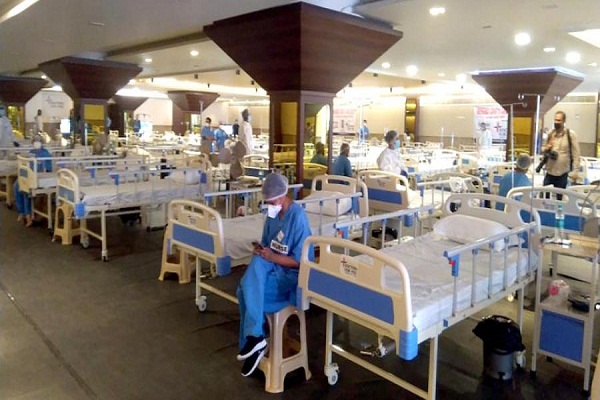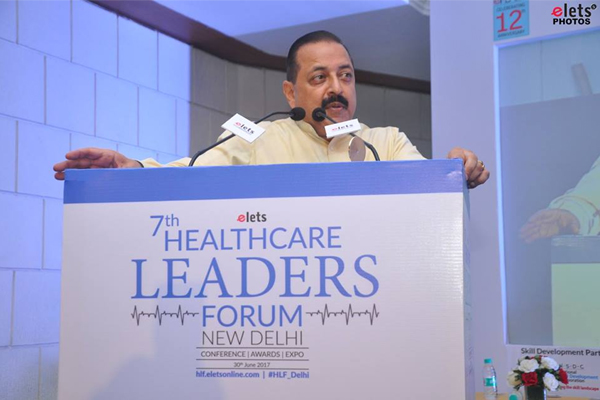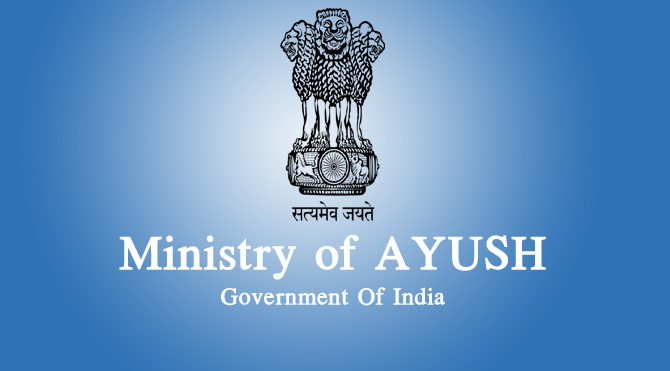

The uproar over the stock-out situation for anti-tuberculosis drugs has driven the government into action. It is learnt that following media reports, the Prime Minister’s Office wrote a letter asking the Union Ministry of Health and Family Welfare (MoHFW) for clarification on the availability of drugs.

An emergency meeting was also called by the Central TB Division (CTD) to discuss the way forward to mitigate the crisis. Manufacturers of paediatric drugs, prolongation pouches and streptomycin have been identified and the ministry is hopeful of getting supplies to states by the end of July. States with a lower disease burden have been asked to transfer drugs to those with a higher burden facing extreme shortage of drugs.
Even though the current crisis is being addressed aggressively, a new one is raising its head. Stocks of second-line medicines like Kanamycin, an injectible drug used for treating multi-drug resistant (MDR) TB have dipped alarmingly. Currently, according to CTD officials, there is stock only for two and a half months. India is among the few countries with a high burden of MDR TB.
For patients, it is a race against time, especially paediatric and multi-drug resistant (MDR) TB cases. In Bihar, in almost every district, there are no drugs. A CTD official said that in two days Kanamycin, along with Pyridoxine (used to mitigate the side effects of Isoniazid), will run out. Against the requirement of 35,000 doses of Kanamycin, currently just 2500 doses remain. Likewise, there are only 4000 doses of Pyridoxine instead of the required 14,000.

The official said that patients who come for testing every day for MDR TB at the drug resistant TB testing facilities are not being informed of their status since there are no medicines for new patients to be treated. Day by day, the numbers are rising since many have not been able to take the correct course of treatment, he said. For the moment, the CTD has asked Rajasthan to transfer 10,000 doses of Kanamycin to Bihar but that is inadequate to deal with the current crisis.
Though the World Health Organisation (WHO) had maintained that there is no stock-out situation in India, in an internal briefing within the WHO on June 27 Dr Nata Menabde, WHO representative, India, was apprised of the true status.
Delay in procurement
The briefing note stated that the shortage of drugs was due to procurement failures and delays at the level of the government of India. It also confirmed stock-out of paediatric doses, Rifampicin (the key drug to treat TB), streptomycin injection as well as diminishing stockpiles of Kanamycin injections and other first line drugs. The note also said that emergency procurement of paediatric drugs was delayed by six months and the orders had just been placed.
As for Kanamycin, emergency procurement of over 400,000 vials, done with the support of the Geneva-based Global Drug Facility (GDF) through WHOs intervention had not reached the country because of delays in processing orders, payments and the ministry not issuing the necessary customs duty clearance on time.
Pressure building up
As a result, the consignment of Kanamycin was parked at a warehouse in China. It is learnt that the consignment was moved only this Monday. The pressure is now building up on the government. In a letter to Anshu Prakash, Joint Secretary, Health, the Independent Commission on Development and Health in India, states that the ground situation belies the ministrys stand.
Its team has reported drug shortage in the field, especially paediatric drugs and that there is a risk of developing drug resistant TB in India. It has also asked the government to look into the factors that led to the crisis and take measures to correct the procurement process so that such a situation does not occur in the future.
Be a part of Elets Collaborative Initiatives. Join Us for Upcoming Events and explore business opportunities. Like us on Facebook , connect with us on LinkedIn and follow us on Twitter , Instagram.












